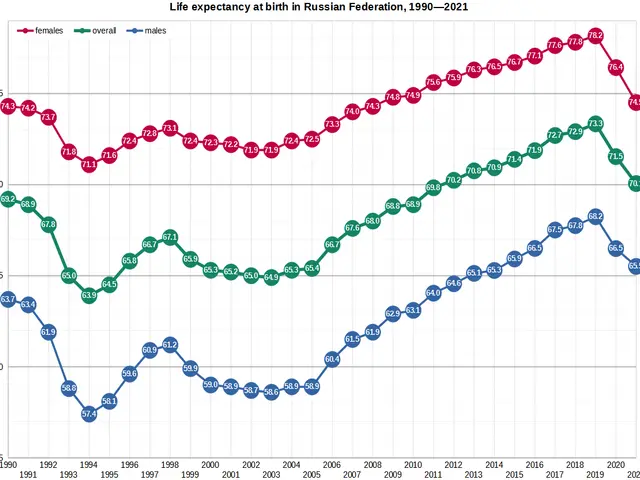Disagreement: Decrease in electricity prices from specific assets is deemed unconstitutional, according to opinion
The German government is set to allocate a significant special fund of 500 billion euros towards infrastructure and climate neutrality. This fund, intended for additional investments, has been a subject of discussion, with several key figures weighing in on its usage.
Dr. Roda Verheyen, a renowned climate lawyer, has commissioned a report on the matter. Her findings suggest that the planned reduction of electricity prices from the special fund is unconstitutional. Verheyen warns against investing in measures that could be considered inefficient, such as promoting hybrid cars or the current new building standard EH55.
The report also outlines how the special fund and a reform of the debt brake can be used constitutionally and effectively in climate policy. Michael Schäfer, CEO of GermanZero, has hailed this report as an important guideline for budget and climate policy in the coming years.
The Climate and Transformation Fund (KTF) is the intended recipient of shifted investments. However, the future government formed from the 2025 Bundestag elections has not yet been explicitly detailed. No specific announcements regarding the use of the special fund for infrastructure and climate neutrality have been found in the available data.
The climate protection mandate is recommended for the establishment law of the special fund. The federal budget 2025 is expected to decide upon this mandate. The 100-day balance of Climate Protection Minister Carsten Schneider will be crucial for how many billions he can direct from the special fund into efficient climate protection investments.
It's important to note that the reduction of electricity prices is not considered an additional investment. Using the Climate and Transformation Fund for reducing electricity prices is legally questionable. Such investments from the special fund could be considered a waste of money.
To ensure the fund is used effectively, it's crucial for the government to distance itself from inefficient projects from the coalition agreement. The special fund is intended exclusively for additional investments, according to the report. Investments in climate-damaging measures could be legally challenged.
In conclusion, the special fund for infrastructure and climate neutrality presents an opportunity for Germany to make significant strides towards a greener future. However, it's essential that the funds are used efficiently and constitutionally, as outlined in the report by Dr. Roda Verheyen. The government must carefully consider its investments to ensure they align with the goals of climate protection and neutrality.
Read also:
- Trump administration faces lawsuit by Denmark's Ørsted over halted wind farm project
- Unchecked Management of HP Dams Leads to Environmental Disaster: RTI Reveals
- Rapid advancements in automotive policies worldwide fuel transition towards electric vehicles
- CDU Hamm: Aim, Chosen Candidate, and Local Election Agenda








